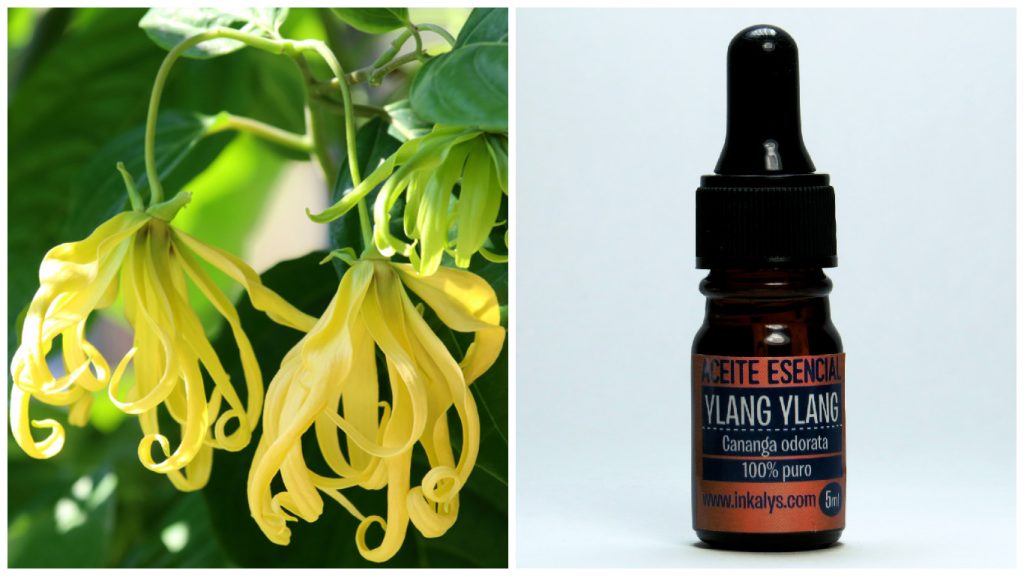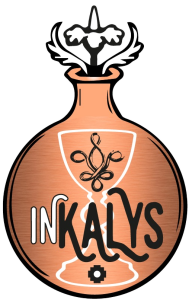
Ylang ylang
Ylang Ylang is a tree between 10-20 meters tall, native to the Philippines and Indonesia, with smooth, grayish-white bark. It forms a wide cup with large, hanging branches up to 5 meters long. The French colonists who settled the lands where Ylang Ylang grows defined its essence as an “aphrodisiac perfume.”
Ylang Ylang essential oil is obtained by distillation of its flowers. Its aroma is warm, deep, flowery and sweet, with notes of Jasmin and neroli. The oil contains sesquiterpenes, alcohols (linalool), and esters (linalyl acetate, geranyl and benzyl).
The oil has many properties, including: hypotensive, anti-arrhythmic, anxiolytic, anti-spasmodic, sedative, aphrodisiac, sexual toner, and excellent anti-depressant properties. It is indicated in cases of hypertension and tachycardia, plus diabetes. Put a few drops of Ylang Ylang essential oil in a bowl of recently boiled water and inhale for 5 minutes, twice a day, to help to reduce systolic arterial pressure. Also, because the oil is a seboregulator, it helps with hair and skin care.
The aroma of Ylang Ylang connects with the heart chakra and helps us clear the mind and body, opening our heart and allowing us to let go of grudges. It is an antidepressant and, in addition to being an aphrodisiac, influences our sexual energy, helps to regulate the endocrine glands, calms and relaxes.
- Antispasmodic
- Nervous system balancer
- Sexual tonic, aphrodisiac
- Anti-diabetes
- Hypotensive
- Tachycardia
- Arterial hypertension
- Sexual asthenia
- Diabetes
Connects with the heart chakra and helps us to clear our mind and body, opening our heart and releasing grudges. It is an aphrodisiac, a sexual stimulant which allows us to connect our sexuality with the heart and the throat chakra for a better expression of oneself.
None at normal physiological doses.

